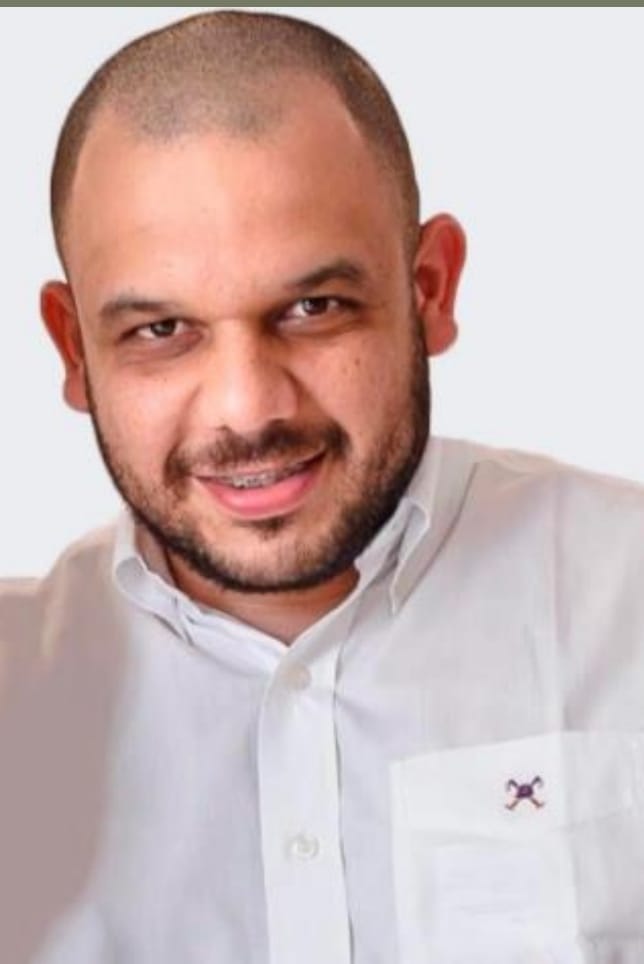The development of alternative methods for treating and reusing lead-contaminated waste has received special attention in recent years. The creation of clean technologies at a competitive cost has made companies review their policies prioritizing these solutions. There are several processes applied to the removal of lead from effluent generated in secondary lead smelters, among them, chemical precipitation, reverse osmosis, ultrafiltration, hydrometallurgical processes, adsorption and ion exchange. In this scenario, the ion-exchange process is promising when the objective is the removal of lead at trace levels and reuse of the treated effluent, especially when zeolites are used as a filtering material. Zeolites are porous aluminosilicates with high specific area, pore volume and cation exchange capacity. Thus, in this work, we present an innovative process for the decontamination of effluents containing lead using zeolite manufactured by Antares Recycling as a molecular sieve, adsorbent, and cation exchanger. The tests were carried out in a fixed bed column, evaluating the effect of particle size and effluent flow in the mass transfer zone and the amount of lead removed. The flow rates of 10, 15 and 20 mL/s and particle diameters >3.5, 1.82 and <0.15 mm were evaluated, and the optimized conditions determined for the operation of fixed bed filters through the mass transfer zone.
Presenters
Daniel Trindade
Daniel Trindade has a master’s degree in Environmental Engineering from UTFPR – Federal Technological University of Paraná, Industrial Chemist graduated from UTFPR – Federal Technological University of Paraná, and administration from the Technical School of Management Training – SEBRAE of Minas Gerais. He currently holds the position of Research and Development Manager at Antares Recycling.
Murilo Moises
Graduated in Chemistry from the State University of Maringá, Master in Urban Engineering from the State University of Maringá and Ph.D. in Chemistry from the State University of Maringá. He is currently adjunct professor at the Federal Technological University of Paraná and permanent member of the Postgraduate Program in Environmental Engineering (PPGEA) at UTFPR. He has experience in the area of industrial chemistry, intellectual property. Works in the areas of innovative processes to add value to industrial waste, manufacturing and application of porous materials (coal, zeolites, MOFs, clays, HDL) and gas capture, storage and purification.

